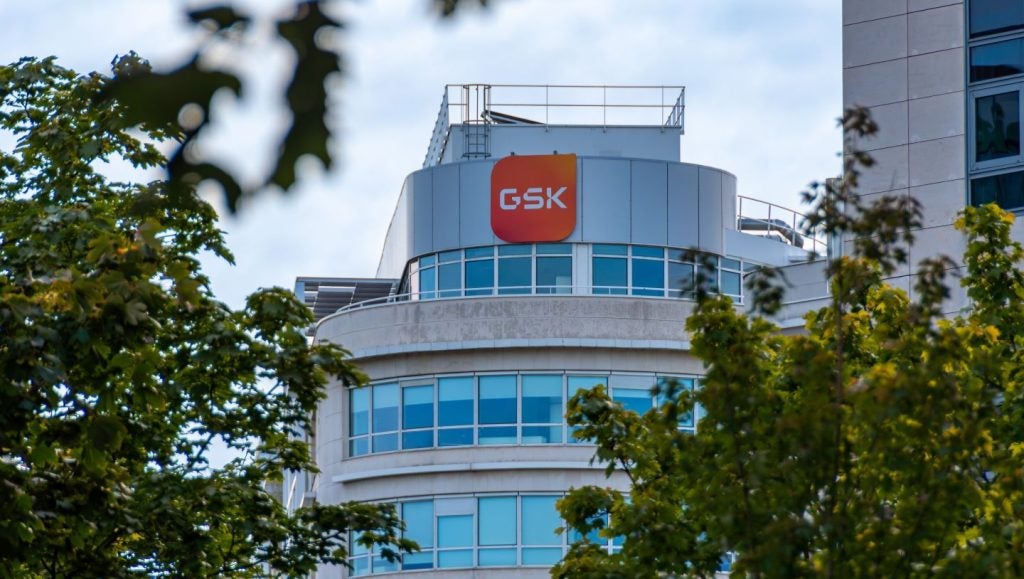UK-based pharmaceutical company GSK has published interim results from the Phase III DREAMM-7 head-to-head clinical trial of Blenrep (belantamab mafodotin) regimen in relapsed or refractory multiple myeloma (r/r MM).
Blenrep is an antibody-drug conjugate that comprises the B-cell maturation antigen monoclonal antibody conjugated with auristatin F linked through a non-cleavable linker.
The multicentre, open-label, randomised trial assessed the drug's efficacy and safety when administered alongside bortezomib and dexamethasone (BorDex) regimen versus daratumumab plus BorDex.
It enrolled 494 r/r MM patients who had had a minimum of one prior line of treatment and whose disease had progressed during or following the most recent treatment.
PFS was the trial’s primary endpoint.
According to the findings, the Blenrep combination caused a 59% decline in disease progression or mortality risk versus the daratumumab combination.
The median PFS was 36.6 months for the Blenrep regimen compared with 13.4 months for the daratumumab combination, at a median follow-up of 28.2 months.
This PFS effect was consistent across all the prespecified subgroups in the trial.
The Blenrep combination's safety and tolerability profile was in line with the profiles previously reported for the individual agents.
The combination therapy also led to improvements in all secondary efficacy endpoints, including complete response rate and median duration of response.
GSK Global Head oncology and research and development senior vice-president Hesham Abdullah said: “The substantial progression-free survival benefit and strong overall survival trend compared to a daratumumab standard of care combination reinforce our belief in the potential for belantamab mafodotin used in combination to redefine the treatment of multiple myeloma at or after first relapse.
“We plan on sharing these results with health authorities worldwide.”
GSK recently reported that part two of the Phase III RUBY/ENGOT-EN6/GOG3031/NSGO trial of Jemperli (dostarlimab) plus chemotherapy in adults with primary advanced or recurrent endometrial cancer met the primary endpoint of PFS.









